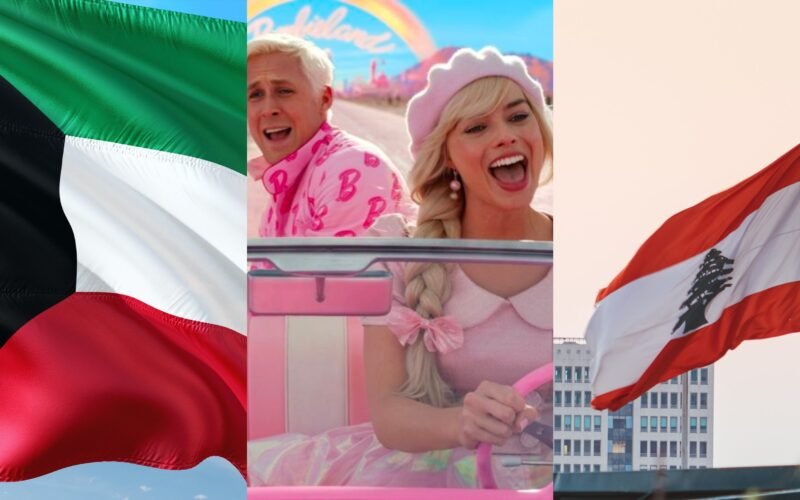In a surprising turn of events, the latest Barbie movie, featuring Hollywood stars Margot Robbie and Ryan Gosling, has encountered unexpected hurdles as it encounters bans in various Muslim-majority nations.
Kuwait and Lebanon are the latest additions to the list of countries restricting the film’s screening, citing concerns that its themes of homosexuality, transsexuality, feminism, and secularism clash with deeply ingrained cultural and religious values.
Kuwait’s Ministry of Information has taken a firm stance by announcing a sweeping ban on the new Barbie movie. The rationale behind this decision revolves around the ministry’s commitment to upholding “public ethics and social traditions.”
According to the ministry’s statement, specific scenes and dialogues within the movie are seen as conflicting with the core principles of Islam. The worry is that such content might undermine Kuwaiti society’s moral foundation and disrupt long-standing customs. The ministry emphasizes that those who disregard the ban will face legal consequences.
Lebanon echoes Kuwait’s concerns, with Culture Minister Mohammad Mortada calling for measures to prevent the film from being screened. His objections are rooted in his belief that the movie indirectly promotes homosexuality and transsexuality.
Additionally, he contends that the film challenges traditional family roles, mocks maternal responsibilities, and questions the sanctity of marriage and family bonds. Mortada argues that the film risks transforming Barbie, an icon of innocence and beauty, into a vehicle for the propagation of what he perceives as Western moral decay.
Released on March 17, 2023, the film takes a bold approach in portraying Barbie as a champion of feminist ideals, actively challenging established gender stereotypes. The storyline revolves around the self-discovery journey of Barbie and her romantic partner Ken who is portrayed as transgender.
The film despite million positive reviews has faced criticism. Islamic countries have labeled it as offensive as per their cultures.
Along with Kuwait and Lebanon, Iran, Pakistan, Malaysia, Saudi Arabia, Indonesia and other Muslim majority countries have decided to ban the film screening. The argument is that such items inadvertently propagate Western values conflicting with Islamic teachings. In response, activists within these countries have launched online campaigns, urging individuals to boycott the film in defense of their cultural and religious values.
In conclusion, the bans on the new Barbie movie in Kuwait and Lebanon highlight the intricate interplay between contemporary artistic expressions and deeply ingrained cultural and religious norms.
As discussions about the film continue to intensify, its impact goes beyond mere entertainment, spurring broader conversations about personal liberties, societal values, and the delicate equilibrium between preserving culture and fostering creative exploration.




 WhatsApp Channel
WhatsApp Channel
 Instagram
Instagram
 Facebook
Facebook
 X (Twitter)
X (Twitter)